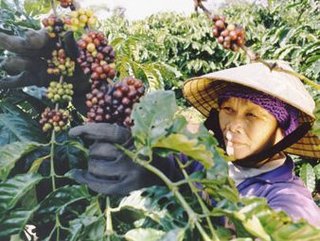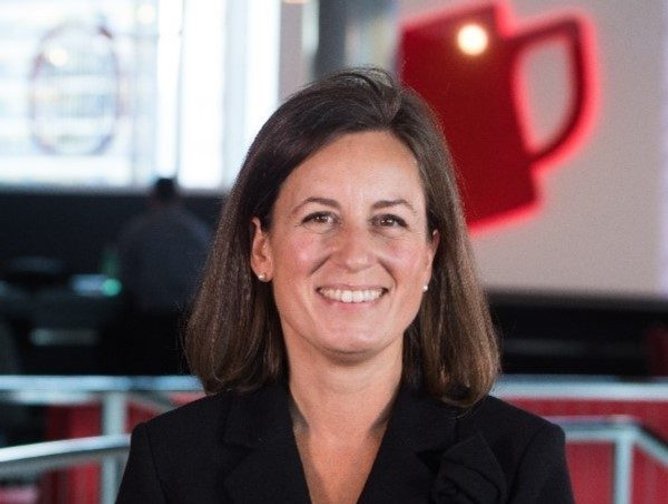Nestlé Supports Suppliers for 13.5% Emission Reduction

As the world’s largest food and beverage company, the Nestlé brand encompasses confectionery, cereals, bottled water, coffee, pet products, health-care products, frozen foods and much more.
With such a wide range of products, it is no surprise that more than two-thirds of Nestlé's GHG emissions come from sourcing its ingredients. To reduce emissions, the company is working with suppliers and farmers at farm level – and it is working.
Nestlé achieved an impressive net reduction of 13.5% of its GHG emissions in 2023 compared to the 2018 baseline, including a reduction of more than 15.3% in methane emissions.
This achievement is in line with the company’s sustainability goal to reach a 20% absolute reduction of GHG emissions by 2025, and supports other SBTi approved goals, including reaching net zero by 2050.
Reducing emissions from the source
Nestlé is passionate about regenerative agriculture practices thanks to the benefits for the farmers, productivity, decarbonisation and emission reduction. At the end of 2023, 15.2% of Nestlé's raw materials were sourced from farmers adopting regenerative agriculture practices, but the company is on admission to raise this to 20% by 2025.
Nestlé’s partners receive a range of technical, collaborative, and/or financial assistance that support the development of regenerative agriculture practices. The company’s work with suppliers and farmers – all tailored to region and supplier for maximum efficiency – is based on five key pillars of action:
- Diverse cropping systems and livestock integration
- Biodiversity
- Collective and landscape actions
- Soil health
- Water security and quality
Nestlé has a number of schemes – including Nescafé Plan 2030, the Nespresso AAA Sustainable Quality Program and Income Accelerator Program – that support productivity, thus improving farmer livelihoods and reducing emissions. One quarter of the emission reductions achieved in 2023 came from dairy and livestock projects like the above.

"Our progress on emissions reductions is proof of our unwavering commitment to our net zero roadmap,” says Antonia Wanner, Group Head of ESG Strategy and Deployment at Nestlé.
“We are working closely with our partners to help make food production more sustainable, while aiming at enhancing livelihoods across our value chain at the same time. A just transition is crucial to accelerate our efforts."
******
Make sure you check out the latest edition of Sustainability Magazine and also sign up to our global conference series - Sustainability LIVE 2024
******
Sustainability Magazine is a BizClik brand
******
- Is Unilever’s ESG Rethink Good Business or Green Betrayal?Sustainability
- Sustainability LIVE Dubai: Meet Our Speaker Line-up for 2024Sustainability
- How PUMA has made a Sustainable, Compostable Suede TrainerSustainability
- Businesses are Getting Sustainability Dangerously WrongSustainability






